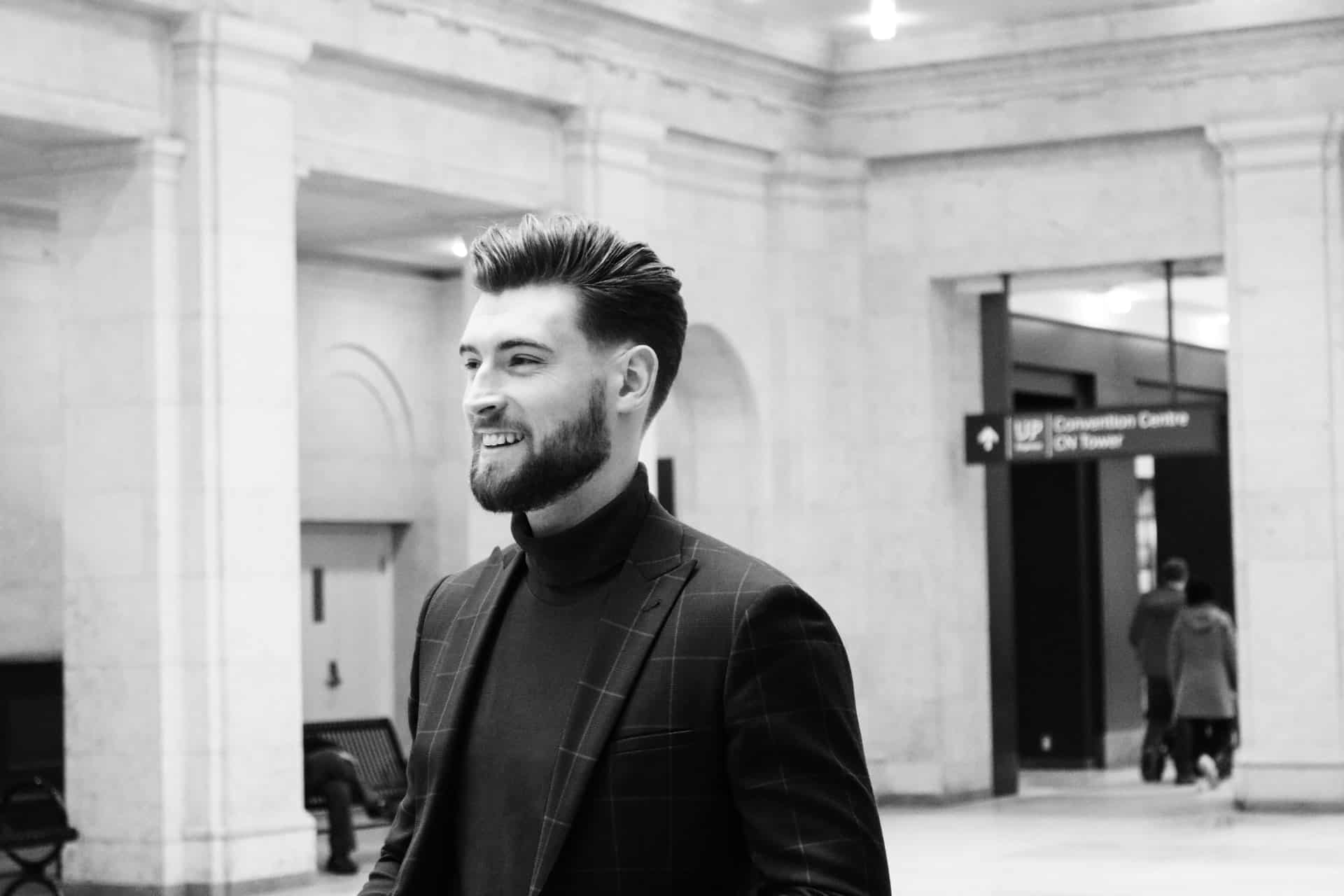Hairdressers as Artistic Stewards Shaping Neighborhood Character and Connection in New City
Hairdressers as Artistic Stewards Shaping Neighborhood Character and Connection in New City
Blog Article
Barbershops in New York City are more than just places to get a trim; they function as important cultural hubs that help shape community identity and nurture relationships among locals. These businesses have a rich history in city settings, serving as gathering spots where individuals from varied backgrounds come togetherness. In many neighborhoods, barbershops are often the initial place where clients can engage in discussions about local issues, share stories, and forge relationships. This distinct role makes barbers not only talented professionals but also community curators who add to the social fabric of their neighborhoods.
The environment in a barbershop is often vibrant and inviting, creating a setting where people feel comfortable expressing themselves. Barbers are known for their skill to connect with clients, often engaging in discussions that span from sports to politics. This engagement helps to create a sense of belonging among patrons, as they discuss their stories and perspectives. In many cases, barbershops reflect the ethnic diversity of the areas they support, displaying different haircuts, grooming methods, and even sounds that resonate with the local community. This cultural exchange enriches the interaction for all involved and bolsters community ties.
Barbershops also have a significant role in preserving cultural traditions. Many barbers have been trained in specific techniques that are passed down through generations, guaranteeing that unique styles and practices are not forgotten over time. For instance, certain styles and grooming practices may be linked to cultural background, allowing clients to show their identity through their look. By upholding these customs, barbershops help to keep cultural stories alive, providing a sense of pride and connection for community members.
In addition to their cultural significance, barbershops often engage in community outreach and assist local causes. Many barbers take an proactive role in tackling social issues, such as learning and health education, by organizing events or offering resources to their clients. This engagement demonstrates a dedication to the health of the community and fosters a sense of responsibility among barbers. By using their platforms to promote positive change, barbershops become vital players in the local area, further reinforcing their role as community curators.
In conclusion, barbershops in NYC serve as crucial places for cultural exchange, community building, and identity formation. They provide a unique environment where individuals barbershop with pop up events can bond, exchange, and honor their varied backgrounds. As cultural curators, barbers not only shape the way people show themselves but also affect the broader social dynamics. By understanding the value of these businesses, we can appreciate the vital role they have in building connections and preserving cultural heritage in urban settings.